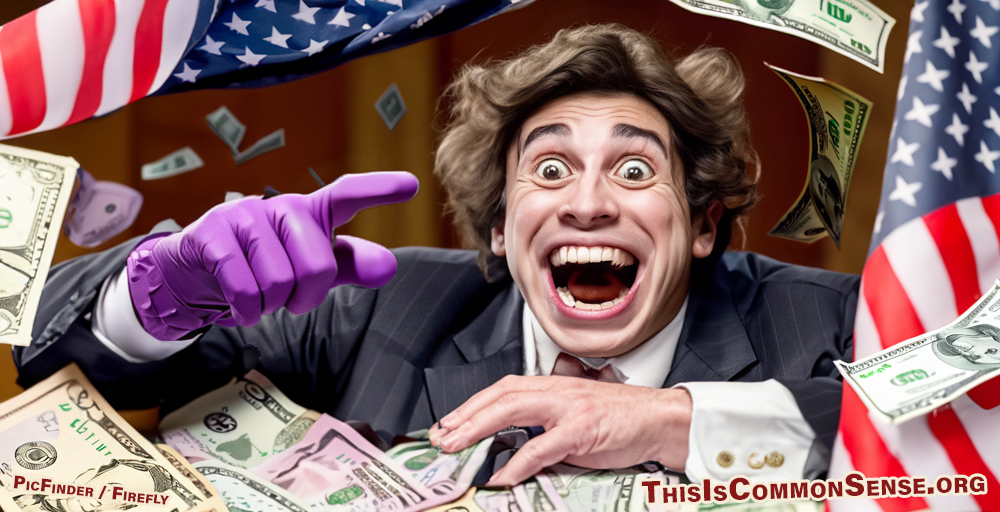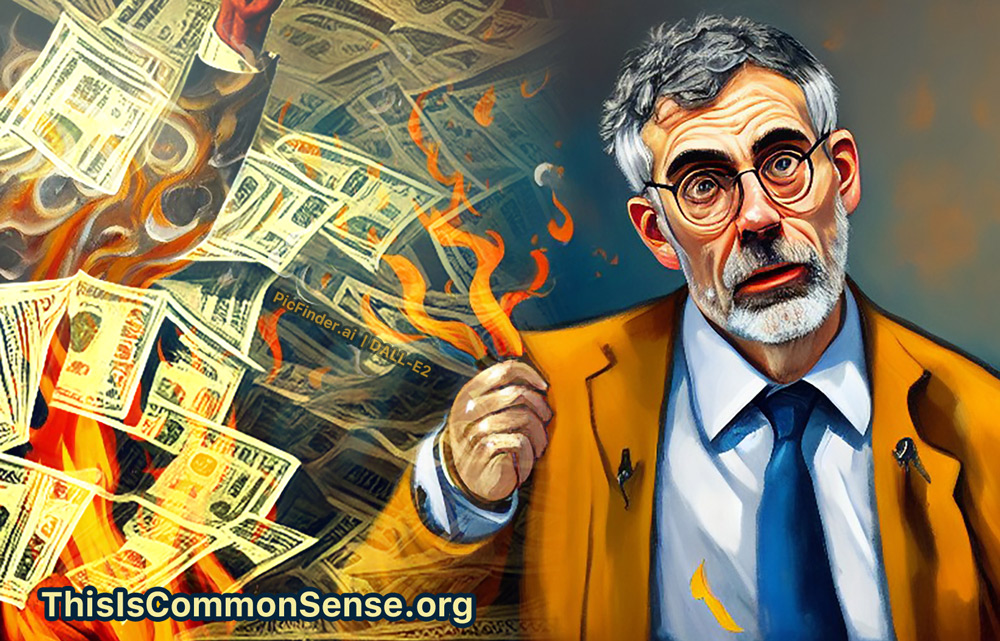Tonight, I’ll be anxious for election returns from Colorado on Proposition HH, a measure Democrats in the legislature placed on the ballot to both lower taxes and raise revenue.
Huh?
Americans for Tax Reform President Grover Norquist wrote recently in The Denver Gazette, that the proposition “would result in the largest tax hike in Colorado history.”
Yet, the ballot title begins: “SHALL THE STATE REDUCE PROPERTY TAXES FOR HOMES AND BUSINESSES, INCLUDING EXPANDING PROPERTY TAX RELIEF FOR SENIORS … ?”
“Democrats have advertised Prop. HH primarily as a property tax cut that will save homeowners hundreds of dollars per year,” explains Colorado Public Radio’s Andrew Kenney, “which is true.”
But Kenney goes on to plainly present the rest of the story, that HH would also “raise the state spending limits created by TABOR, allowing the government to eventually keep hundreds of millions, and then billions, of dollars more tax money each year instead of refunding it.”
TABOR stands for the Taxpayer Bill of Rights, which voters passed by citizen initiative back in 1992. Under TABOR, government spending growth is limited, with excess revenue returned to taxpayers. Prop HH is designed to offer immediately small property tax relief attached to letting the legislature grab much bigger money from not providing refunds in the future.
Norquist correctly dubs it “a bait-and-switch tax hike scheme.”
It’s the usual stock-in-trade of the political class. The difference in Colorado, however, under the Taxpayer Bill of Rights, is that politicians are required to ask voters for permission … to hornswoggle them in this way.
Politicians have been asking for higher taxes again and again for years. (Not to mention going to court in a failed attempt to overturn TABOR.)
But voters have the final say. Today.
This is Common Sense. I’m Paul Jacob.
Illustration created with PicFinder and Firefly
—
See all recent commentary
(simplified and organized)






